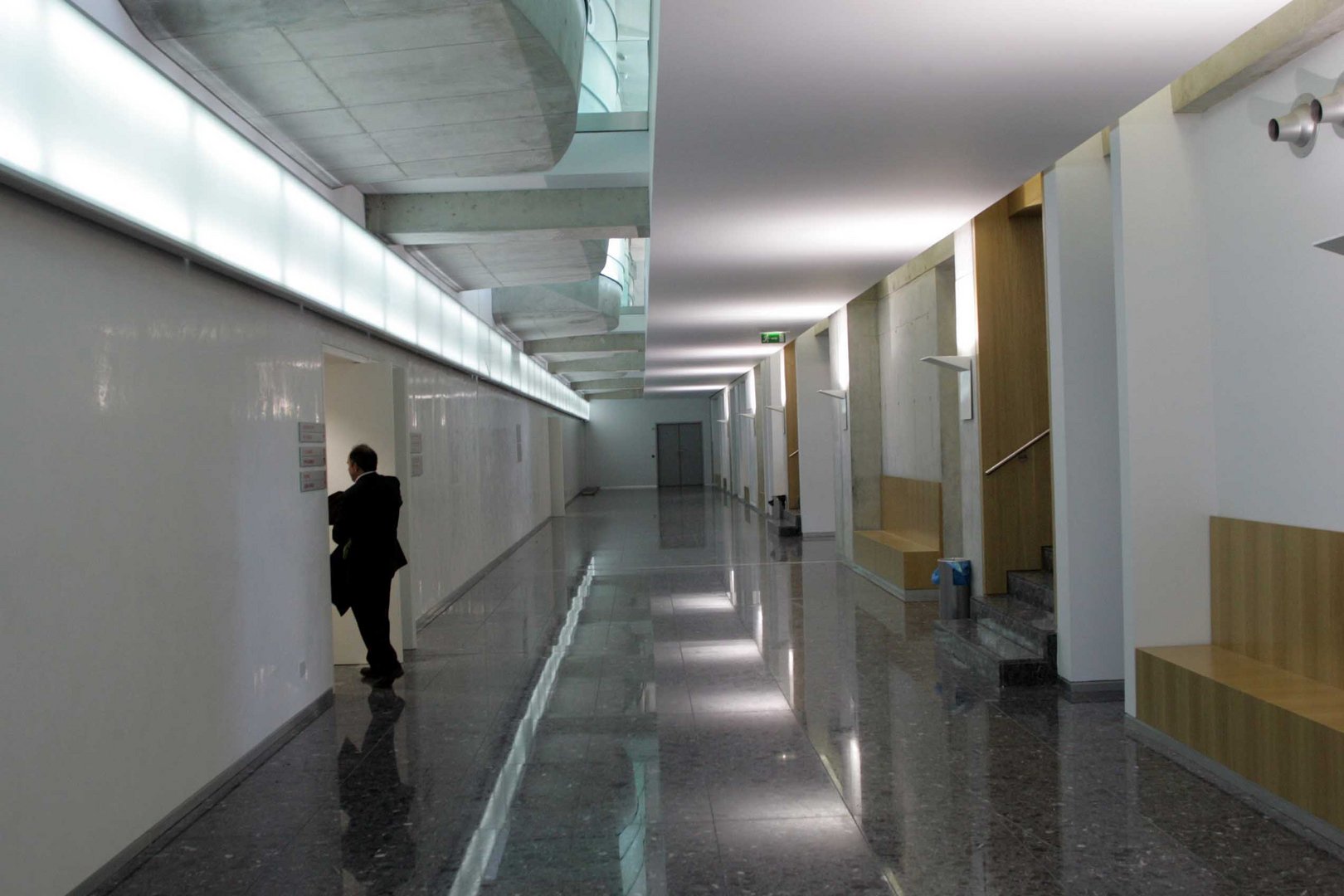In England this happened in 1999 and in Cyprus this month so it was about time
The administration of civil justice in the Republic of Cyprus (RoC) has a brand new code in the civil procedure rules (CPR) that came into force on September 1, 2023, which apply to all cases filed after that date.
Easy, inexpensive and speedy justice is crucial to people and the new rules are designed to simplify court procedure in civil cases and make it more accessible to the public by the use of practical terminology, up-to-date technology and judge-led case management.
For reasons that do not require much analysis, the Ancien Regime was outmoded. Often it was as if the practice of the law was designed to confuse rather than enlighten the public. So it was about time access to justice became more user friendly; in England this happened in 1999 and in Cyprus this month.
As in England so also now in Cyprus a period of readjustment is inevitable until a new mindset develops in the legal profession – bench and bar. Old habits die hard, but the best approach is to embrace the change of culture brought in by the new CPR, not least because the principles behind basic procedures, previously shrouded in mystery behind archaic practices and alien terminology, are clearly stated in the new rules.
A lawyer friend in Cyprus told me that the new CPR is not being received very well by the legal profession in the RoC. If it’s any consolation to the profession, many barristers in England felt the same when the 1998 English CPR replaced the Ancien Regime of the Rules of the Supreme Court of England (RSC) but adapted to the new regime relatively quickly.
As with any root and branch reform, the new system will have teething problems but the experience of the profession in England is that we now look back in amazement how dated and inaccessible the old system was and how user-friendly the new rules are by comparison.
Personally I enjoyed the change because as a part-time judge I had the good fortune of having judicial training in the 1998 CPR during which our tutor-judges highlighted with gusto the new powers the new CPR gave the judiciary. In practice, some judges did indeed go over the top to begin with by the injudicious use of their new powers but soon realised that judicial self-restraint was the best policy.
In Cyprus the old procedure was based on the English Rules of the Supreme Court of 1958 whose reform was nearly a century overdue. Changes had to be made and had to take account of the simpler rules of procedure of the Court of Justice of the EU and the European Court of Human Rights and, importantly, the 1998 CPR in England. The English CPR code was the obvious template for the procedure rules in Cyprus because they have a common legal culture based on previous English Rules of the Supreme Court.
The idea behind the new rules in England was to simplify the process by new more meaningful terminology and streamline access to justice in the interests of speed, efficiency and saving of costs; all of which were made relevant to the overriding objective of deciding cases justly identified as the central aim of the CPR.
This was done by giving extensive case and time-management powers to judges at every stage of the proceedings. More recently in 2013, the principle of proportionality was also made relevant to case management, which enables judges to take into account the value of a claim and its complexity and importance in managing its progress and how much court time to allocate to it.
In one respect, however, access to civil justice in England has worsened since the CPR came into force in 1999. Wittingly or unwittingly the new system encouraged the belief that the courts were providing a unique service to the world for which litigants, particularly wealthy foreign litigants, should pay, as if the court service was operating a commercial enterprise in the private sector. As a result, the court system in England nowadays has to a significant extent become a mercenary service for the very rich. Litigants do not just have to pay their lawyers and the legal costs of their opponents if they lose, they also have to pay the government for providing them with a court service. It is a totally unjustified system borne of mercantilism that is contrary to the basic principle of easy access to justice on which the CPR was originally conceived.
But so long as the court system in Cyprus does not fall into same mercantile trap, the new CPR there should be celebrated rather than feared. The profession will take time to acclimatise but in the end it will learn to love the new regime.
The purpose of rules of procedure is to provide the machinery that enables parties to litigation to present all the relevant facts and the evidence in support of those facts fairly before the court to enable it to decide on a balance of probabilities what happened and provide a remedy if a case is proved or dismiss the claim if it is not proved.
The old system overcomplicated this simple function of the court by old-fashioned practices and esoteric terminology and the inefficient principle of party control. The new CPR simplifies court procedure and its terminology, and hands over control of case progression from the parties to the court. The new system should work well provided always that judges do not become overzealous and allow for a smooth and gradual change in legal culture in the legal profession.
Alper Ali Riza is king’s counsel in the UK and a retired part-time judge







Click here to change your cookie preferences